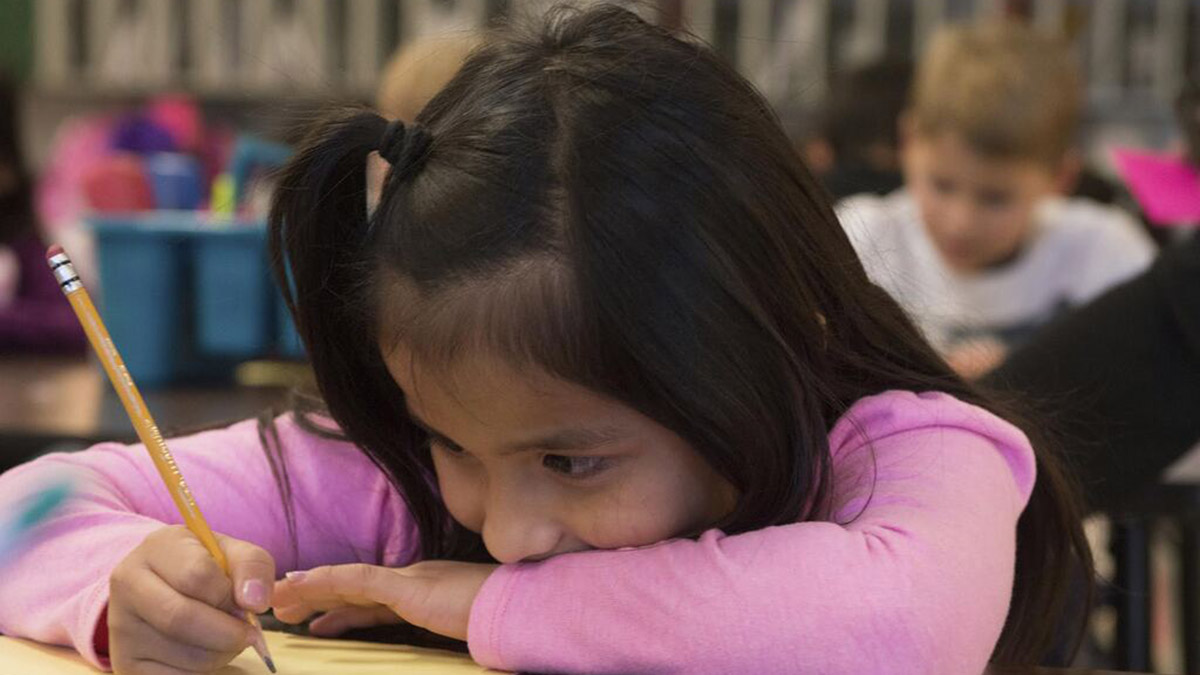In today’s fast-paced and competitive world, self-confidence is undeniably crucial. It forms the bedrock of personal success enabling individuals to tackle risks, face challenges and achieve their goals. Confidence plays a significant role in academic and professional success. However, the roots of this confidence are often established much earlier in life, during childhood.
The early years: A critical period
Childhood is a formative time when foundational skills, habits and mindsets are developed. Children are highly impressionable and their self-esteem is shaped by their interactions and experiences. Positive reinforcement, encouragement and opportunities to succeed in small tasks can profoundly influence a child’s self-view. Conversely, insufficient support or consistent criticism can lead to self-doubt, which may persist into adulthood.
Impact of confidence on academic achievement
Children who are confident are more likely to engage actively in the classroom, tackle challenges and persevere despite difficulties. This proactive attitude is directly linked to academic success. Confident children are more inclined to explore new subjects, ask questions, and seek help when needed. These behaviours are essential for mastering complex concepts and excelling in school. Additionally, the confidence gained during these early years often fosters a lifelong love of learning, which is crucial for future academic and professional achievements.
Social and emotional benefits
Beyond academics, confidence is vital for a child’s social and emotional development. Confident children are better at forming healthy relationships, expressing their emotions and handling social challenges. They are less likely to succumb to peer pressure and more inclined to stand up for themselves and others. This strong sense of self can also provide resilience against bullying and social exclusion, which can have lasting effects on mental health.
Preparing for the future workforce
As we move into an increasingly globalised and technology-driven world, the skills needed for success are evolving. Critical thinking, problem-solving, creativity and collaboration are becoming more valuable. Confidence enables individuals to develop and apply these skills effectively. From presenting ideas to leading teams, the ability to trust in one’s judgement and capabilities is essential. By fostering confidence early on, we prepare children not just for academic success but for thriving in their future careers.
Role of early education programmes
Early education programmes play a significant role in nurturing confidence. These programmes often provide supportive environments where children can explore, learn, and grow. They emphasise the development of self-confidence through hands-on learning, positive reinforcement and individualised attention. By focusing on the holistic development of the child—academically, socially, and emotionally—these programmes lay a solid foundation for future success.
Conclusion
Building confidence in children is essential for their long-term success. As parents, educators and community members, it’s important to create environments that nurture self-esteem and empower children to believe in themselves. Investing in their confidence today can lead to significant benefits in their ability to navigate life’s challenges and seize opportunities with resilience and courage. This investment shapes the leaders, innovators and changemakers of tomorrow.
The author is CEO of Early Steps Academy. Views expressed in the above piece are personal and solely those of the author. They do not necessarily reflect Firstpost’s views.
)